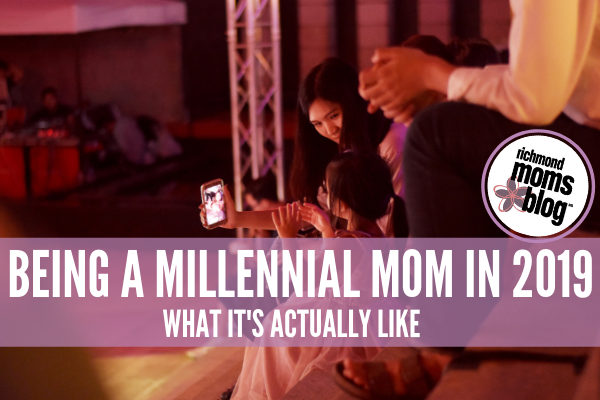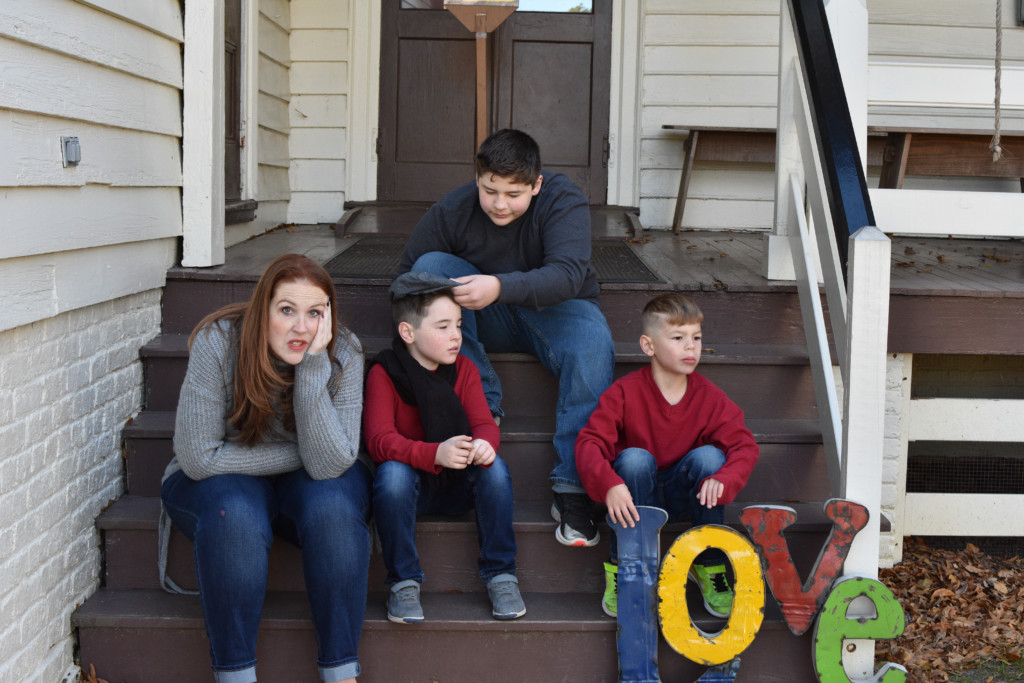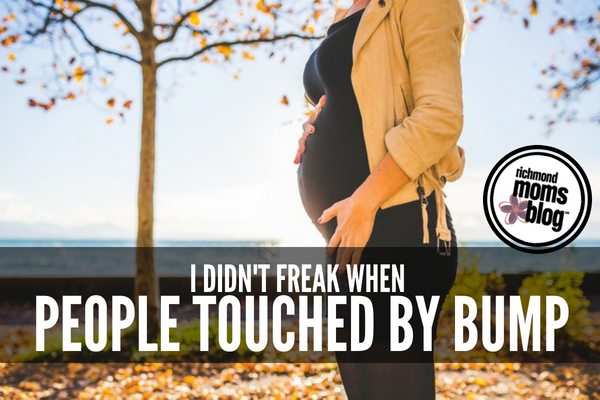Last week on the way to the pool, the kids and I were rear-ended in a hit and run. Before you worry your pretty head, we are all fine and the minivan is still driveable though a little bruised.
As I was climbing the hill a block from the pool, the cars in front of me came to a stop waiting to turn left in a neighborhood. I also came to a stop. After I had come to a complete stop, another car plowed into the back of me. I quickly assessed that the kids were physically fine. Since we were coming up on a blind turn, I decided to pull over on the neighborhood road and clear the roadway as to not cause any more accidents with cars routing around me. The car behind me, instead of pulling over, drove away. By the time I ran back to the road to get a plate number, they were gone.

I called the police. Then I called my husband. Then I called my mom since no matter how old I get she will always be able to make things better.
I used it as a learning opportunity for the kids. It led to three specific conversations:
1. Confess what you did wrong, even when you know the other person might be angry
When we were loading back into the car and the kids saw the damage, my 6-year-old put his hand around my waist and said “It’s ok, Mom. Call the car insurance company. They’ll fix it.” I explained to him that since we don’t know who the other driver is, we will have to pay for it (the deductible at least…I didn’t go into the details of how insurance works).
On the other hand, there were also examples of great helpers to talk about – the landscaper who witnessed the accident and stayed around to talk to the police with me; the police officer who came to write up the report; the friend who came to get my kids out of the 100-degree heat. Look for the helpers.
2. Always buckle up properly, no matter how far (or near) you are going
We were coming from the library when we were driving to the pool. It is exactly 0.6 miles down a 35mph road with no stoplights or major intersections. I’m neurotic about car seat safety and making sure everyone is buckled properly no matter the distance. And good thing that I am. We talked about always buckling up each and every time you are in the car.
3. Defend against distracted driving
My 4-year-old asked, “Mom, why would someone hit us with their car?” There were no skids so probably the driver behind me didn’t even try to stop, likely due to distracted driving like texting.
I don’t think it is ever too early to start talking about the importance of not using phones while driving. I know that I still have 10 more years to deliver this message before the oldest is driving on his own. It’s still not too early.

I don’t let my kids ride with other drivers often, and even then there is a long checklist of requirements that the other driver has to satisfy (perfect driving record, my personal good-driver seal, the ability to not be distracted by my daughters abundant singing, etc, etc, etc). However, if the kids are ever in the car with someone else driving and they so much as pick up their cell phone, I want them to have the courage to ask the driver to put it down. Their safety is more important to me than social pleasantries. That requires me modeling good driving behavior and also them understanding how important it is.
The unspoken bonus –
As I was walking behind my kids once we finally got to the pool, I overheard my son say to my daughter, “See, even moms get scared sometimes. And it’s ok.”
Too often as moms, we try to put on a great face. Sometimes our real emotions come breaking through and I think it’s important for our kids to see that too. We aren’t invincible as moms. Sometimes we make mistakes. Sometimes we get sad. Sometimes we get scared. And it’s all ok.









